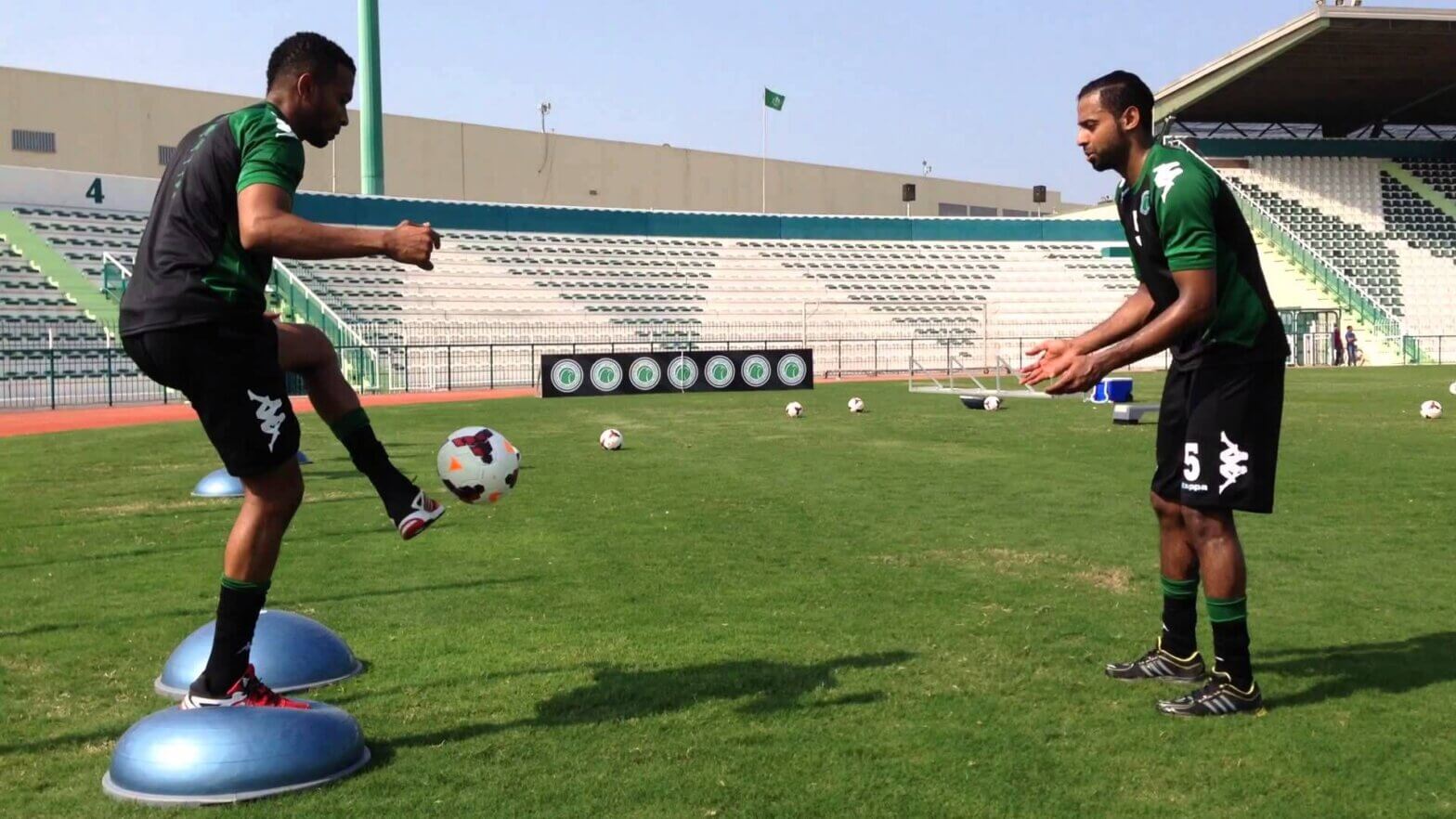According to the CDC, it is estimated that up to nearly 4 million concussions occur during sports and recreational activities each year in the US. Although they are common, their impact is not insignificant. A concussion is a mild traumatic brain injury (TBI) in which the head is suddenly moved as the result of a direct bump or blow to the head or rapid movement of the body. This causes the brain to bounce or move rapidly within the skull, leading to damage that causes changes in brain chemistry and functioning. There can be physical, cognitive, and behavioral changes that occur following a concussion.
| Physical | Cognitive | Behavioral |
| – Headache – Sensitivity to light and noise – Nausea/vomiting – Dazed or stunned appearance – Balance problems, clumsiness, or dizziness – Changes in vision (such as double vision or blurred vision) – Slurred speech – Sleep disturbance (difficulty sleeping or excessive sleepiness) – Loss of consciousness | – Confusion – Difficulty concentrating Short and long term memory problems, (including difficulty remembering events before or after a hit) Feeling drowsy, in a fog, or sluggish Slowed cognitive processing | – Irritability – Anxiousness – Depression – Aggression Emotional lability (mood swings) Impulsive behavior |
These signs and symptoms may occur immediately after, hours, or even days after initial injury and can change over time. They are usually short-term and resolve over time, but can last long-term, especially in more severe cases. If multiple concussions occur, the risk of long-term impact is significantly increased.
The Do’s and Don’ts of Concussions
Now that you are familiar with the signs and symptoms of a concussion, here’s what you should and should not do in the case of a suspected concussion.
Don’t:
- Return back to a game or any strenuous physical activity after suspected concussion. This can worsen symptoms, and a second impact before full recovery from a concussion can be deadly.
- Take pain relievers such as aspirin, ibuprofen (ex. Advil), or Aleve as they can increase the risk of bleeding in the brain and also mask symptoms of concussion.
- Try to determine the severity of the injury on your own. Seek medical attention immediately following a suspected concussion.
- Drive after a suspected concussion as reaction times are slowed, increasing risk for accidents and re-injury.
Do:
- Allow for plenty of sleep, which is crucial for brain recovery.
- Limit the amount of time spent looking at phone screens, televisions, and other devices or engaging in any other activities that require a lot of thinking or concentration. This can lead to overstimulation of the brain when it requires rest.
- Monitor symptoms closely. If symptoms worsen, seek medical attention immediately.
- Identify what activities trigger symptoms. You will want to avoid these activities until fully recovered.
- Consider seeing a physical therapist to aid in your recovery from concussion.
A physical therapist is a trained medical professional who can help treat some of the problems associated with concussion and develop a personalized treatment plan to safely prepare you to return to daily activities and sport. Physical therapy can help to gradually restore strength and endurance that was lost due to inactivity, improve balance and coordination problems, and relieve neck pain or address other musculoskeletal injury that occurred along with the concussion. If you have suffered a concussion or other TBI and want to safely and effectively treat your symptoms, call Respire Physical Therapy at (703) 671-1871 or click here to schedule an initial evaluation today!
Tags: arlingtonva, alexandriava, sport injury, fallschurchva, ptworks, pain free living, concussion injury, Physical Therapy, Respire Physical Therapy, physical therapist, choosept



